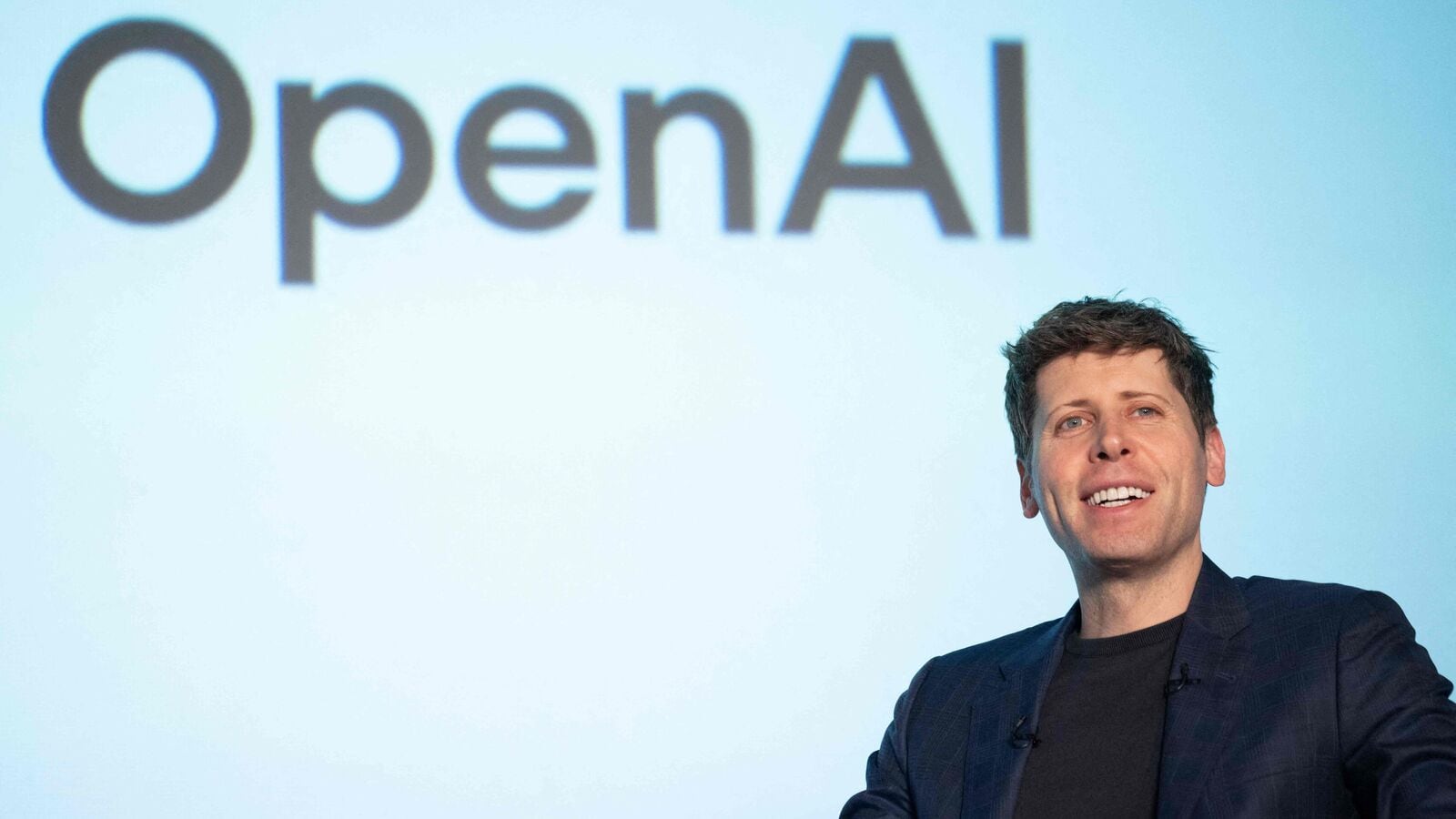Facebook reportedly prompts users to share camera roll media with Meta AI: What it means

Facebook has reportedly begun asking select users for access to the media stored on their smartphones, aiming to offer personalised, AI-powered suggestions for Stories. The prompt, spotted by several users and highlighted in a recentTechCrunch report, indicates that Meta is seeking permission to continuously upload photos and videos from users’ camera rolls to its cloud servers.
As per the publication, the tech giant claims that the feature is designed to provide tailored content recommendations, such as collages, recap videos, and occasion-specific posts, including birthdays and anniversaries. According to the message seen by users, Meta will analyse content based on time, location, and themes to generate these suggestions.
“To create ideas for you, we’ll select media from your camera roll and upload it to our cloud on an ongoing basis,” reads the prompt. The move, however, has raised eyebrows due to the level of access requested and the nature of data being handled.
Reportedly, Meta insists the feature is entirely optional and clarifies that the suggestions will only be visible to the user unless shared manually. Furthermore, the company claims that the content will not be used for ad targeting and will not be shared with third parties.
Despite these assurances, the fine print has led to scrutiny. By agreeing to the terms, users are also consenting to allow Meta AI to analyse their media, including facial features and objects present in the files. The company also collects metadata such as the date of capture and identifies people or elements within the images, suggests the report.
Meta spokespersons toldThe Verge that the feature is part of a limited test. Public Affairs Manager Ryan Daniels confirmed that unpublished content from users’ devices would not be used to train AI models. Communications Manager Maria Cubeta added that camera roll media might be used to improve the suggestions themselves, but not to enhance Meta’s broader AI capabilities.







